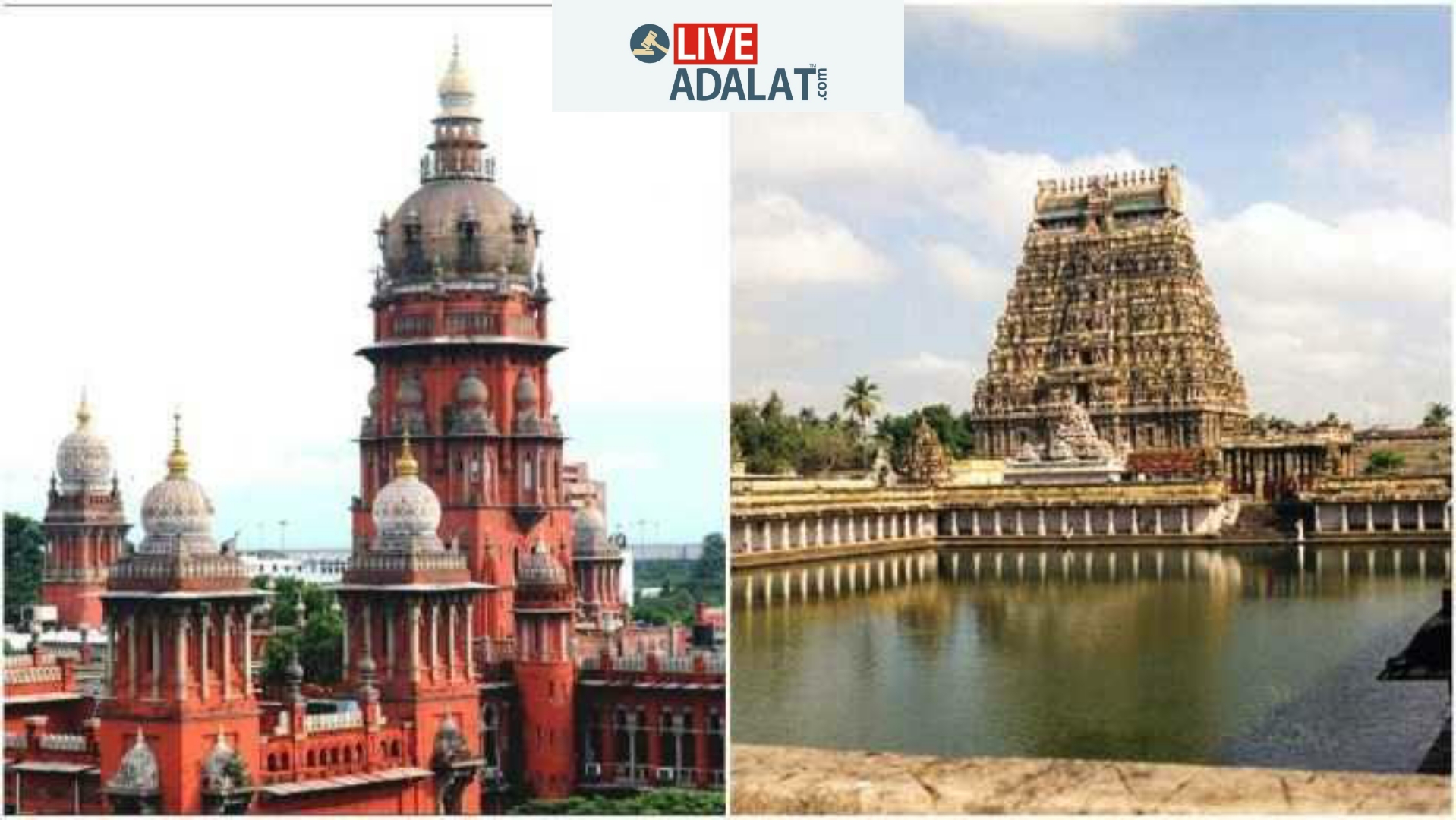In the case of K Senthilkumar v. the Principal Secretary to Government of Tamil Nadu, Tourism. Culture and Religious Department and Ors, the Madras High Court upheld the eviction proceedings against the Petitioner who claimed to be the leaseholder of certain properties owned by Arulmigu Agatheeswara Swamy Thirukkoil.
The Court noticed that the Petitioner had not produced any concrete documents proving him to be the rightful leaseholder of the Temple premises. Therefore, the Court concluded that the Petitioner, his father and his uncle were all illegal occupants who enjoyed the Temple property without any legal rights over the property. They also exploited the Temple property by sub-letting it for various purposes such as shops, party hall, gym, rest room and godown. They earned profits from such wrongful activities and hence shall be considered as illegal encroachers of the Temple Property.
“Fraudulent and illegal encroachments of temple properties shall be treated as a crime against the society at a large. Misappropriation of funds of the temple is undoubtedly considered as an offence and all such offences should be registered and the offenders held liable shall be prosecuted by the state as the state is the controller of these temples and the offences are also committed against the State. Temple properties are allowed to be looted by few greedy men and by few professional criminals and land grabbers. Active or passive contribution and collusion by the officials of the HR and CE Department cannot be overruled. These lapses, negligence, dereliction of duty on the part of such public officials are also to be viewed seriously and all appropriate actions in this regard are highly warranted.”
The Court observed
The court also added that the Trustees, Archaks, Sebaits or Employees shall protect the property of the Temples, Deities and Devaswom Boards. It shall also be looked upon that undue advantage shall not be taken by the people engaged in the safeguarding of the Temples and they shall not claim themselves to be the owners/tenants or adverse possessor of the same.
“This is possible only with the passive or active collusion of the concerned authorities. Such acts of ‘fences eating the crops’ should be dealt with sternly. The Government, members or trustees of Boards/Trusts, and devotees should be vigilant to prevent any such usurpation or encroachment. it is also the duty of courts to protect and safeguard the properties of religious and charitable institutions from wrongful claims or misappropriation.”
The Court Further Observed.
The Court rejected the eviction plea of the Petitioner and directed that an elaborate inquiry by the Hindu Religious Charitable Endowments (HR&CE) be taken in order to understand the tenure for which the Petitioner illegally enjoyed the Temple Property to make money. Appropriated action shall be taken thereafter.

